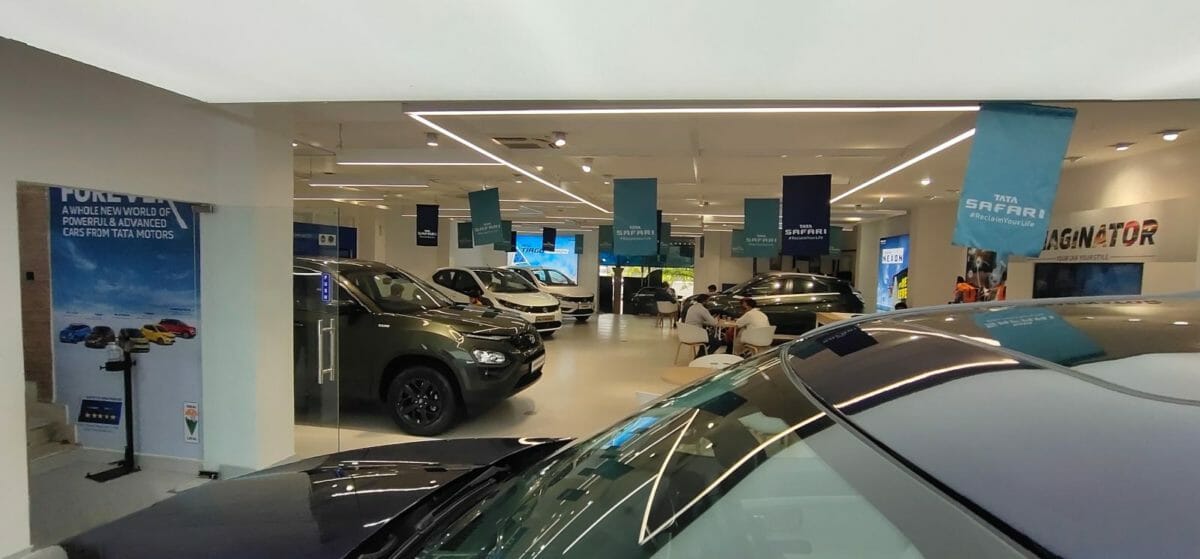The shortage of semiconductor chips has affected not only the automotive industry but also all other industries that are into the production of electronics. Tata Motors, India’s third-largest automaker is bearing the brunt of this shortage in a major way. The chip shortage is affecting the overall sales numbers as Tata is not able to deliver vehicles in time. As a result, Tata had posted a loss of ₹4,450 crores in the last quarter (Apr’21 to Jun’21).
Why The Shortage?
Covid-19 triggered a global lockdown and people were forced into working from home. This resulted in high demand of electronic consumer durables as people required equipment to set up home offices. Semiconductors are used in all electronic equipment like laptops, smartphones, monitors, tablets, gaming consoles, etc. The demand for all these items was at an all-time high after the pandemic hit the world and the stock was depleted in a very short period of time. The lockdown also forced chip manufacturers to shut production for several months which has led to a global backlog in the supply of semiconductors. Since the car production was halted during the lockdown, chip manufacturers started supplying their stock to other sectors that also had a huge demand. In an unanticipated move, after the lockdown was lifted, consumers rushed to purchase personal cars and bikes to avoid public transportation. This has led to heavy demand for passenger vehicles and manufacturers like Tata have now started depleting their semiconductor stock.
![]()
Impact On Tata Motors
“Yes, we are definitely impacted because of the uncertainty of supplies but so far, we have been able to manage somehow,” Tata Motors President Passenger Vehicles Business Unit (PVBU) Shailesh Chandra told PTI
Tata Motors has been affected the most by this global shortage of semiconductors, so much so that Tata’s subsidiary JLR has about 1,10,000 global pending orders. The brand expects that the shortage will continue throughout the Jul-Sep quarter which could result in a 50% decline in their wholesales.
“It is a very uncertain situation though, very hard to predict,” he added.
The shortage has affected the domestic sales and exports as well. Tata products are in demand for their best in class safety, besides being a pure Indian brand has played in favour of the brand give the sentiment of the consumers post COVID-19. However, the rise in demand has made way to longer waiting periods and dissatisfied customers when dealerships are not able to meet the delivery timelines. This forces consumers to look to other brands which have been able to meet the customer demands. The result – Tata is bleeding customers that they are not able to close.

Tata’s Strategy to Counter the situation
Tata is planning a strategy to counter this situation and avoid further losses. They will be looking at buying chips directly from the stockists and make some changes to the configuration of the vehicles.
“We are looking for alternate semiconductors and at times procuring directly from stockists. We are also trying to see if a more standard chip can be used in certain components where we are facing stress. Besides, we are looking at trim mix so that we don’t lose on the sales,” Shailesh Chandra stated.
It is not yet clear what the changes are, however, we could see some changes being made to the lower trims of Tata Cars.

